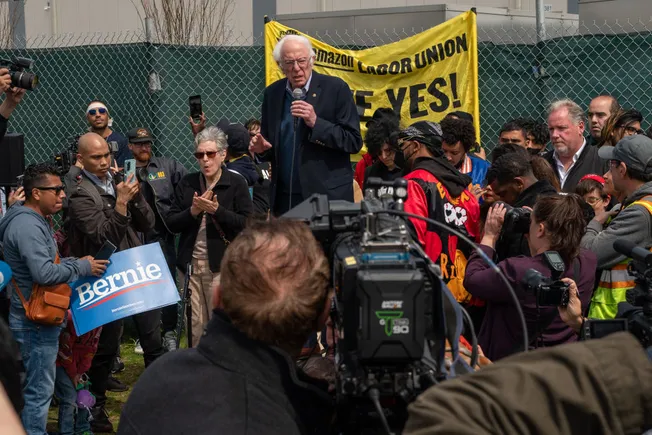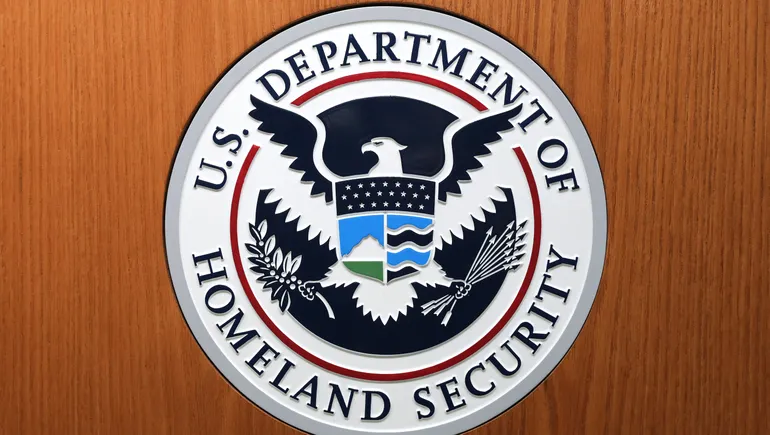In 2024, workers are reporting double-digit declines in feelings of belonging and connectedness at work, according to an Oct. 1 report from Businessolver, which offers benefits and HR technology solutions.
The major declines have occurred even as employees acknowledge that corporate diversity, equity, inclusion and belonging (DEIB) efforts are becoming more visible, the report found.
“We’re seeing significant declines in feelings of belonging and connectedness among employees and CEOs, with notable disparities across generations and industry verticals. Yet despite these declines, awareness for corporate DEIB efforts increased year-over-year,” Rae Shanahan, workplace empathy advocate and chief strategy officer for Businessolver, said in a statement.
“This is particularly interesting given the current climate of DEIB de-prioritization,” she said. “While divestment is gaining headlines, our data paints a different story of increased awareness and credit given to leaders and organizations for their DEIB efforts. Even so, employees and leaders alike feel their companies should be doing more.”
In a survey of 3,100 employees, HR professionals and CEOs, 65% of employees said they feel like they belong at their workplace due to DEIB efforts, marking a year-over-year decrease of 14 points. HR pros had a decline of 10 points to 78%, and CEOs had a decline of 8 points to 88%.
Numbers are even lower for connectedness, with 62% of employees saying they feel connected to peers, marking a 17-point decrease, followed by HR pros with a 5-point decline to 79% and CEOs with a drop of 10 points to 86%.
At the same time, the percentage of employees who said their company has DEIB initiatives rose from 43% in 2023 to 55% in 2024. And those who said DEIB efforts had become more visible at their company rose from 62% in 2023 to 68% in 2024.
These trends coincide with increases in mental health issues and workplace toxicity, the report found. Half of employees cited a mental health issue during the past year, and 35% said their company culture is toxic. Similarly, 55% of CEOs reported a mental health issue, and 52% said their company culture is toxic.
Fostering belonging at work takes an “ongoing effort” to promote psychological safety, or the belief that a worker won’t be punished for speaking up with concerns, ideas or questions, according to The Courage Collective. When employees don’t feel safe voicing dissent, they have lower belonging, engagement and motivation, the group said — and those efforts often must start from the top.
As HR leaders work to improve DEIB in the workplace, they also must address numerous misconceptions and sources of resistance, a report from McLean & Co emphasized. To do this, leaders can segment their employee experience data, uncover exclusion and hidden disparities, adopt inclusive workplace design and encourage continuous learning.
But ultimately, DEIB success stems from strong CEO leadership, according to a survey from The Executive Leadership Council. When leaders regularly communicate with workers about the links between DEIB initiatives and business goals, companies are more likely to report high rates of job satisfaction and employee retention.






Leave a Reply